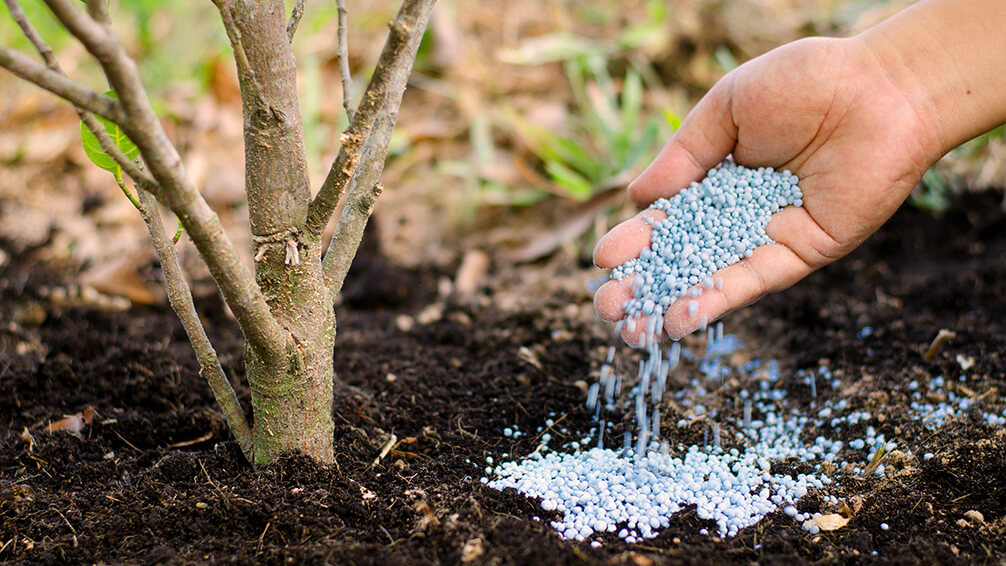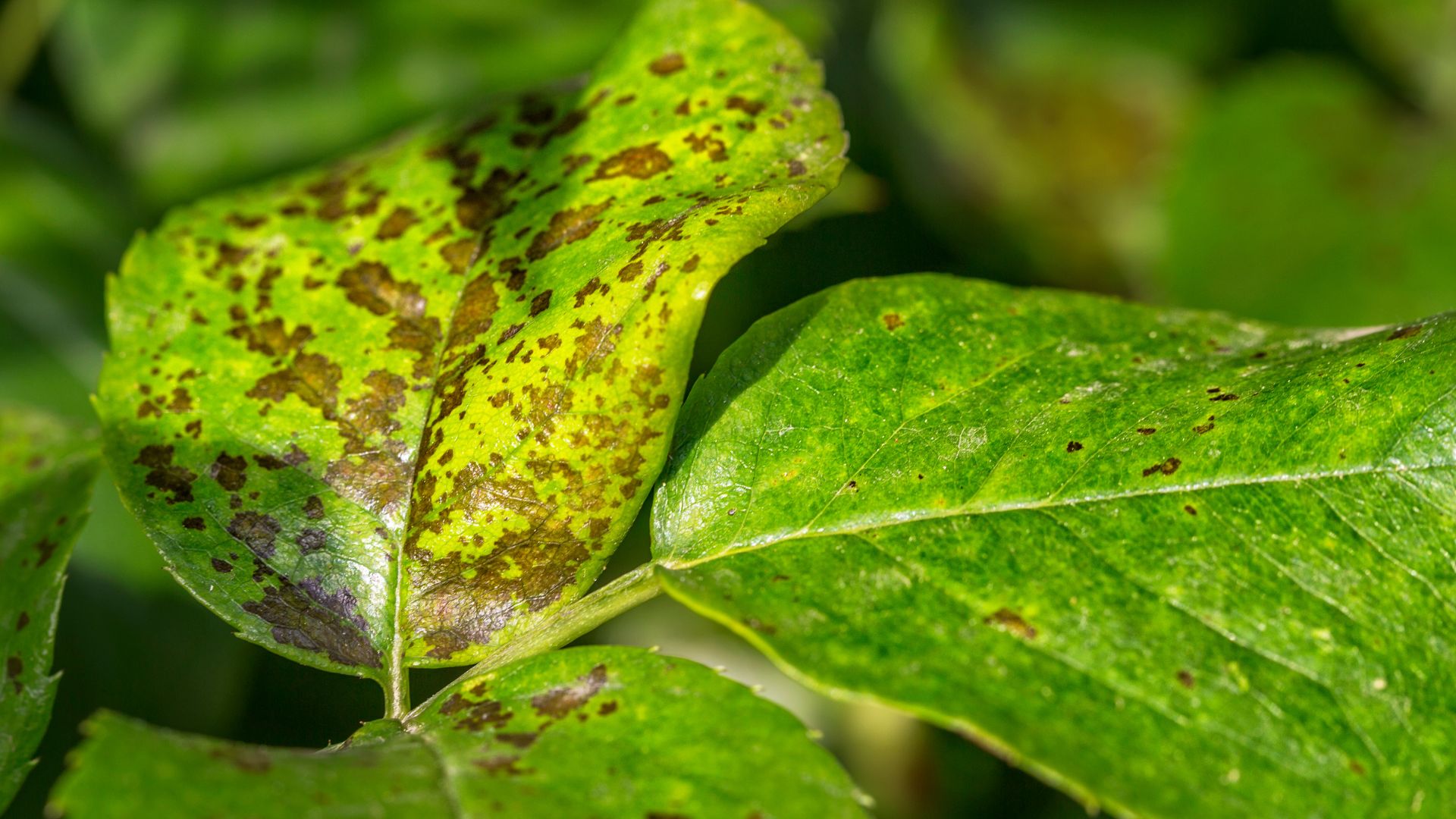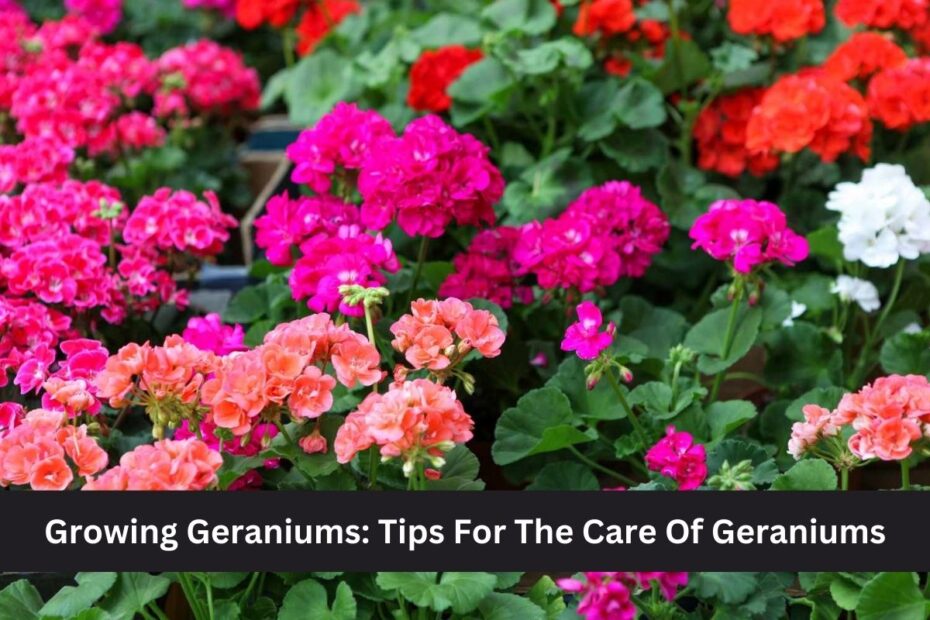Growing Geraniums: Tips For The Care Of Geraniums :- Geraniums are plants that are both sturdy and colorful, making them ideal for adding a dash of color to your yard or around your house. Here is a brief guide to the care that they require:
1. Light:
:max_bytes(150000):strip_icc()/GettyImages-1253078889-cb5f5141382a4a8abdcb9f48b67cc5a9.jpg)
Bright, indirect light is ideal for the growth of geraniums. If you are growing them indoors, position them close to a window that faces south. In the open air, they favor full sun but are able to withstand partial shade, particularly in regions with higher average temperatures.
Also See : How to Revive an Unhealthy Aloe Vera Plant in 7 Easy Steps
2. Soil:

When trying to prevent root rot, choose soil that drains properly. It works well to use a mixture of potting soil and either perlite or sand. When cultivating in containers, make sure the pots have holes made for drainage.
3. Watering:

Geraniums should be watered when the top inch of soil is dry to the touch. Do not overwater them because they do not appreciate soil that is too wet. It is especially important to allow the soil to become slightly dry in between waterings during the winter months, when they demand less moisture.
4. Fertilizing:

During the growing season (spring and summer), geraniums should be fertilized with a water-soluble fertilizer that is well-balanced and applied every four to six weeks. Consume less food throughout the fall and winter months, when growth is slower.
5. Pruning:

To preserve the health of the plant and to encourage fresh blooms, it is important to remove dead or wilted flowers and foliage on a regular basis. There is also the possibility of promoting bushier growth by pinching back the tips of the plant.
6. Temperature:

At temperatures between 18 and 24 degrees Celsius, geraniums thrive best. Frost should be avoided at all costs because they are not cold-resistant. During the winter months, you should bring them inside if you reside in an area that experiences colder temperatures.
7. Pest and Disease Control:

Take precautions against pests such as aphids and spider mites. Use insecticidal soap or neem oil to treat infestations for the best results. To prevent fungal diseases such as powdery mildew, it is important to ensure that there is adequate air circulation around the plants.
